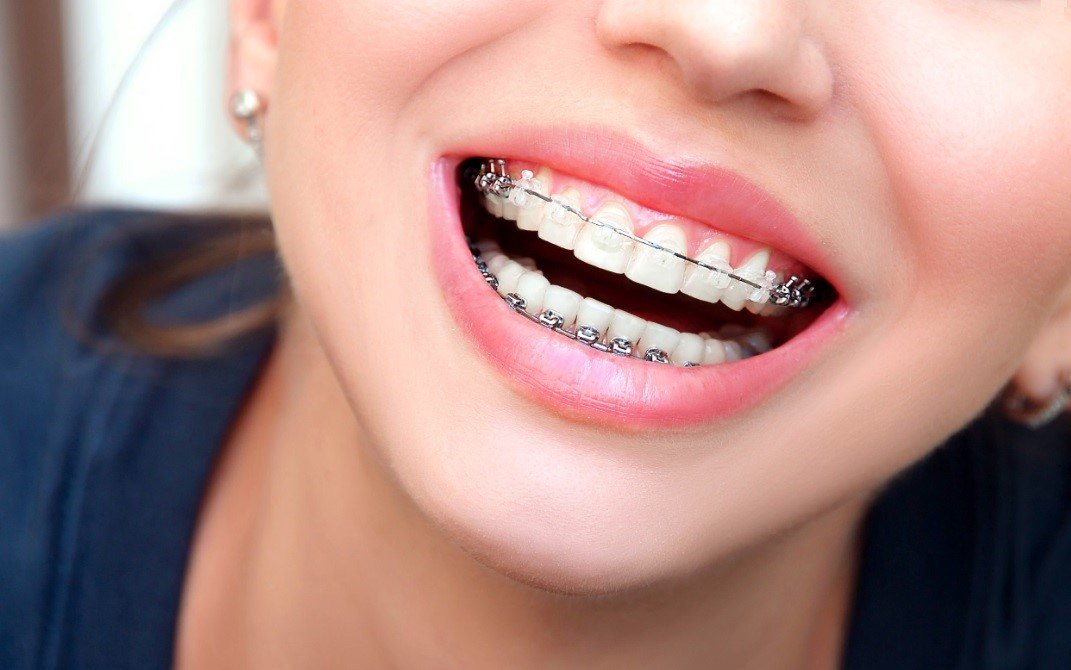Essential Skills to Become a Professional Orthodontist

Generally speaking, orthodontists are professional dentists who are specialized in performing practical dental work and providing patients with straight teeth. To achieve the most desirable results, they have to use a wide variety of skills and technical tools to create the patients’ treatment plans and attach dental braces to their unaligned teeth. Then they have to monitor the progress of your treatment to ensure your teeth start their movements toward the expected position. And if you do not tend to have visible braces, you can go through the advanced form of orthodontic treatment. According to a dentist providing Invisalign in Ancaster, this advanced treatment can whiten your misaligned, crooked teeth with invisible wires. The beneficial and practical skills necessary for this career are provided in this article for those interested in becoming professional orthodontists.
Orthodontic Skills
The additional training course is needed after completing your education in dental school if you want to start your dental practice as an orthodontist. The following items are considered the best skills that help orthodontists to handle their patients’ dental problems more effectively:
Dental Extraction: This is one of the most common dental procedures professional orthodontists should perform to remove very small teeth. Tooth extraction is also needed during orthodontic treatment to make enough room for those healthy teeth that are severely crooked. Therefore, all experienced and dedicated should be able to perform tooth extraction skillfully; otherwise, some complications will arise that threaten the valued patients’ overall health.
Interceptive Orthodontics: This essential skill will enable professional orthodontists to solve patients’ problems with their bites. Interceptive orthodontics can help patients avoid further complicated treatments and provide them with quicker results and improved oral health.
Lingual Orthodontics: The truth is that the most important skill in this beneficial field is lingual orthodontics. Those qualified as linguistic orthodontists specialize in straightening patients’ misaligned teeth using dental braces. They also are responsible for using easy-to-understand words to explain the various orthodontic treatments for their valued patients and help them know what they should expect from each beneficial orthodontic device.

Dental Surgeries: Some patients who suffer from facial deformities should undergo maxillofacial surgeries to achieve a more symmetrical appearance. Highly-skilled orthodontists should use the latest instruments to perform these severe problems and increase the success rate of your orthodontic treatment.
Invisalign: Some people like to have straighter teeth, but they are not happy with the appearance of dental brackets on their teeth. Therefore, dedicated orthodontists should know how to use Invisalign instead of traditional dental braces and provide them with the glorious smiles they always desire.
Braces: Although dental braces are the most common orthodontic devices, their installations require specialized knowledge and skills. All experienced and dedicated orthodontists know how to attach dental braces to your crowded teeth to force them to move toward their right place.
Leadership: Experienced orthodontists should use leadership skills to guide their dental team and help them to emphasize their goals accurately.
Patience: As everyone knows, straightening misaligned teeth with orthodontic treatment will take a long time, about two years. Therefore, all professional orthodontists need the patience to provide successful results.
Creativity: Generally, creative people can always find better solutions to deal with various situations. Those experienced orthodontists who are creative can find ideal methods to improve the outcomes.

 Benefits of Cosmetic Teeth Whitening
Benefits of Cosmetic Teeth Whitening  Invisalign is Becoming the Preferred Treatment for Straightening Teeth
Invisalign is Becoming the Preferred Treatment for Straightening Teeth  Helpful Tips From an Emergency Dentist
Helpful Tips From an Emergency Dentist  Things You Should Know About Types of Oral Surgeries as a Patient
Things You Should Know About Types of Oral Surgeries as a Patient  Cons and Pros of Dental Veneers
Cons and Pros of Dental Veneers  What Are the Reasons for Teeth Whitening Popularity?
What Are the Reasons for Teeth Whitening Popularity?  Breaking: Software TGD170.FDM.97 New Release Out Now!
Breaking: Software TGD170.FDM.97 New Release Out Now!  TGD170.FDM.97 New Release – What’s Inside the Latest Update?
TGD170.FDM.97 New Release – What’s Inside the Latest Update?  Is Daskusza Exploration Real? We Investigated the Rumors
Is Daskusza Exploration Real? We Investigated the Rumors  clearskinstudy emails addresses: Your Complete Guide to Contacting the Right Team
clearskinstudy emails addresses: Your Complete Guide to Contacting the Right Team